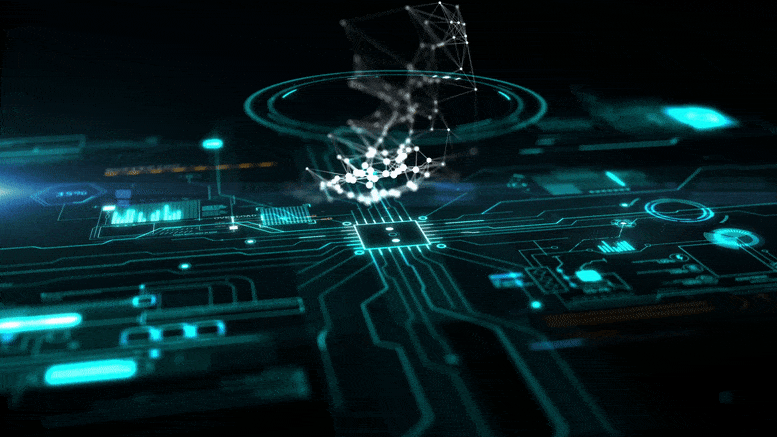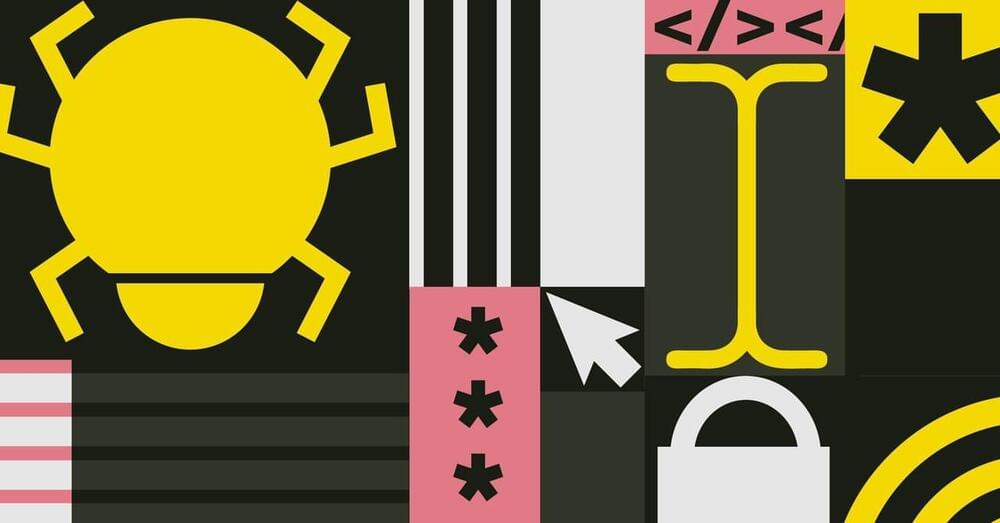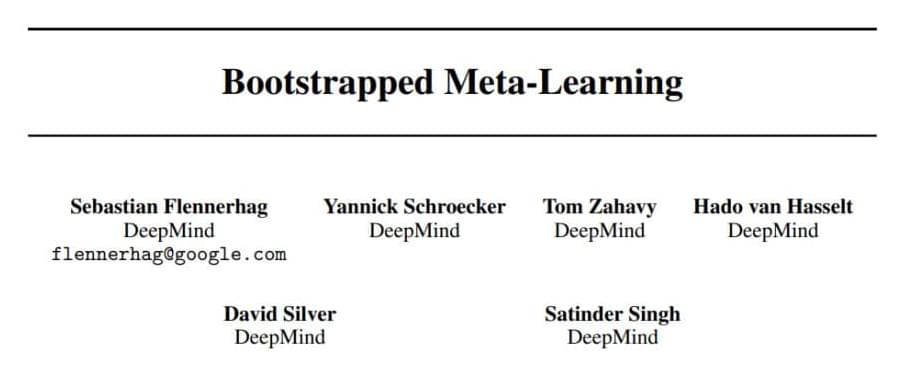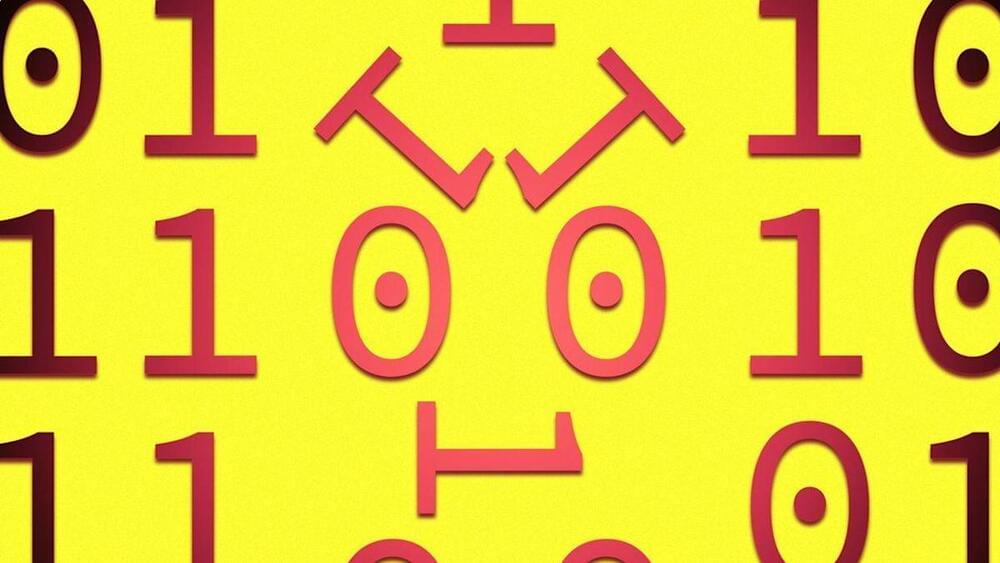The new artificial intelligence tool has already led to the discovery of four new materials.
Researchers at the University of Liverpool have created a collaborative artificial intelligence tool that reduces the time and effort required to discover truly new materials.
Reported in the journal Nature Communications, the new tool has already led to the discovery of four new materials including a new family of solid state materials that conduct lithium. Such solid electrolytes will be key to the development of solid state batteries offering longer range and increased safety for electric vehicles. Further promising materials are in development.







